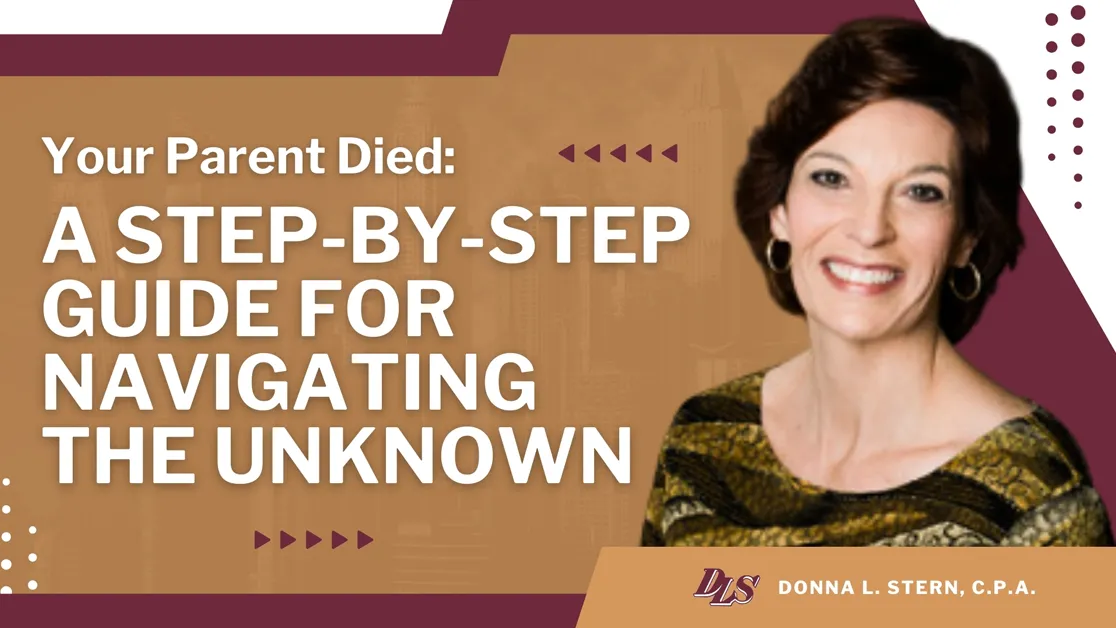Managing trust accounting is no small feat, especially when complying with California’s probate code. Whether you’re handling a family trust or managing an estate, understanding the ins and outs of trust accounting in Orange County can help you avoid costly mistakes. Trust accounting is crucial for ensuring that beneficiaries receive their rightful share, and avoiding these errors can save you time, money, and legal headaches. In this post, we’ll go over the top five trust accounting mistakes to avoid in California, especially in Orange County.
-
Not Keeping Accurate Records
One of the most common and detrimental mistakes in trust accounting is not maintaining thorough and accurate records. When managing trust assets, every transaction—from deposits and withdrawals to distributions and expenses—must be meticulously documented. Failure to keep track of every financial movement can lead to confusion, disputes, and even legal challenges down the line. Trust accounting in California requires transparency, and every penny must be accounted for. Regularly updating records and working with a trusted CPA can help you avoid this costly mistake.
-
Misunderstanding the California Probate Code
California has specific rules and regulations related to trust accounting under the California Probate Code. Many trustees mistakenly overlook these rules, which can lead to legal complications. For example, failure to provide a complete accounting to beneficiaries can lead to a breach of fiduciary duty. Trustees must ensure they are complying with all sections of the probate code, including timely filings and clear disclosures to beneficiaries. Understanding the nuances of the California Probate Code Trust Accounting is critical to avoid fines or legal action.
-
Failing to Separate Personal and Trust Funds
Another mistake that can have serious consequences is mixing personal funds with trust funds. Trust accounts should always be kept separate from personal accounts. This ensures transparency and avoids any conflicts of interest. If personal funds are mixed with trust assets, it can lead to serious legal and financial consequences, especially during audits or disputes. It’s essential to maintain a separate trust account that only holds trust funds, making the accounting process much clearer.
-
Improper Distribution of Funds
Trustees have a fiduciary duty to manage trust assets for the benefit of the beneficiaries. This includes making proper and timely distributions. Sometimes, trustees either misinterpret the terms of the trust or fail to distribute funds as outlined in the trust document. This can lead to disputes among beneficiaries and legal challenges. It’s crucial to consult the trust documents carefully and ensure that all distributions are made according to the terms set forth, as required by the California Probate Code Trust Accounting rules.
-
Lack of Professional Assistance
Lastly, many trustees attempt to handle trust accounting on their own, but without the expertise of a professional accountant, it can be easy to make mistakes. Trust accounting requires specialized knowledge, especially when dealing with complex trusts, tax obligations, and California’s probate laws. Working with an experienced CPA like Donna L. Stern, CPA, who understands trust accounting in California and Orange County, can ensure that everything is in order. Hiring a professional helps ensure compliance with the law and protects both trustees and beneficiaries from future legal issues.
Conclusion
Trust accounting in California, particularly in Orange County, requires attention to detail and a deep understanding of both legal and financial responsibilities. By avoiding these five common mistakes—keeping accurate records, understanding the probate code, maintaining separate accounts, making proper distributions, and seeking professional help—you can ensure the trust is managed correctly and that beneficiaries are protected. If you require professional assistance with trust accounting or tax services in Orange County, Donna L. Stern, CPA, offers expert solutions that can help you navigate these complex requirements with confidence.





